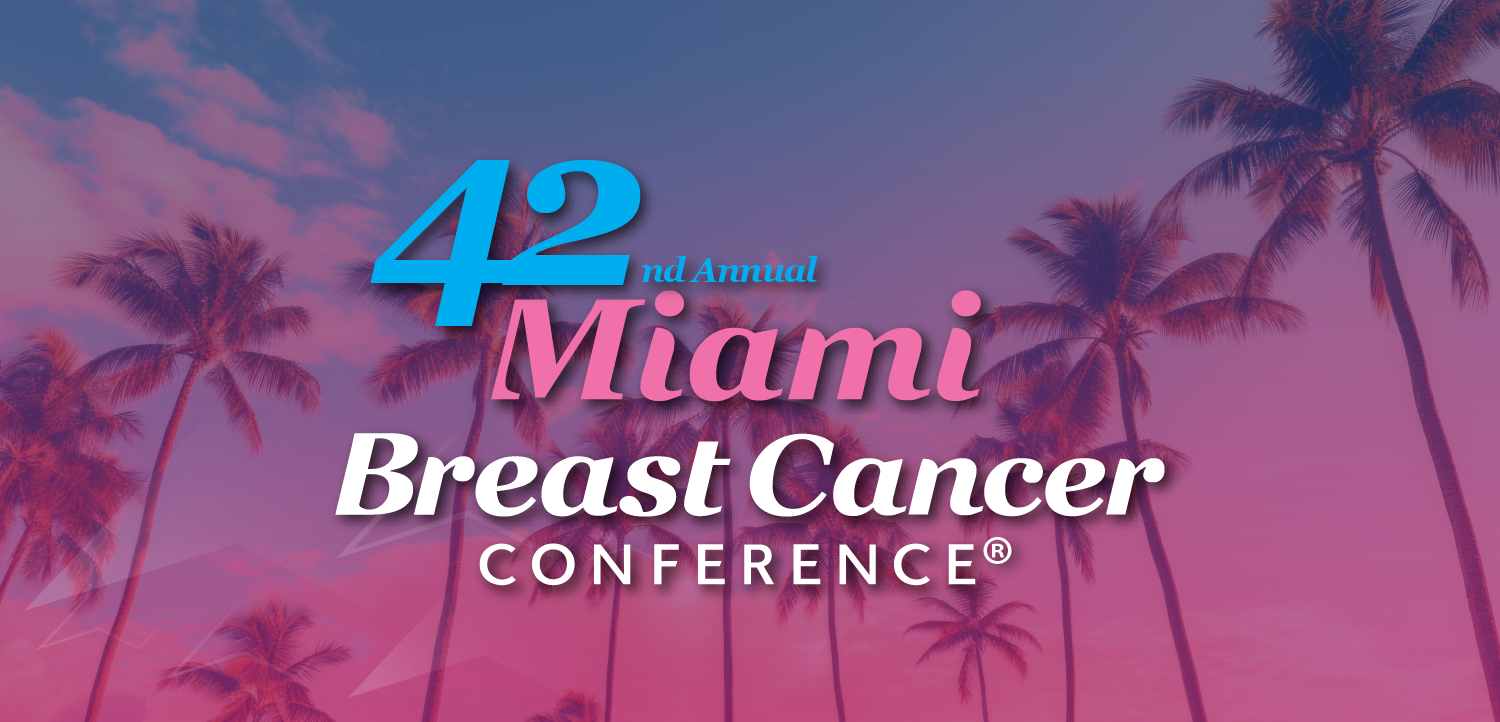84 EQUALS: Vaginal/Sexual Health in Patients With Estrogen Receptor–Positive/HER2- Metastatic Breast Cancer
84 EQUALS: Vaginal/Sexual Health in Patients With Estrogen Receptor–Positive/HER2- Metastatic Breast Cancer

Background/Significance
Vagina/sexual health issues are common but under-recognized and understudied in women with breast cancer being treated with endocrine therapy. The EQUALS (ELAINE ESR1 QUAlity of Life Survey) explored quality of life and symptoms, biomarkers, treatment adverse effects (AEs), and patient-medical team communication of women with estrogen receptor (ER)–positive/HER2-negative metastatic breast cancer. Here, the vagina/sexual health aspects from 3 EQUALS were summarized.
Materials and Methods
EQUALS 1, 2, and 3 (EQ1, EQ2, EQ3) were sent to/posted for ER–positive/HER2-negative metastatic breast cancer patients from Cure Media Group, Facebook and Twitter groups, patient advocacy groups, authors’ contacts, and breast cancer clinic patients in June 2022 (EQ1, 42 questions), March/April 2023 (EQ2; 50 questions; mostly on vulvovaginal atrophy), and June/September 2023 (EQ3, 55 questions). Survey answers were summarized descriptively. Patients received a $10 gift card at survey completion.
Results
887 patients completed 3 EQUALS. Respondents were 19 to 83 years old; and one-third to one-half were non-White in EQ1/3, and mostly White (85%) in EQ2. Half to three quarters lived in urban/suburban settings; three-quarters had higher education. Patients had 1 to 4 treatment lines for metastatic breast cancer.
Vaginal symptoms were reported by 61% of patients and associated with breast cancer treatment for a mean of 4.8 years (EQ2). The most bothersome symptoms were vaginal dryness (33%), painful intercourse (14%), and vaginal itching (10%). AEs impacting quality of life were vaginal atrophy/dryness (36% to 47%) in EQ1/3, and sexual dysfunction (45%) in EQ3.
Sexual intimacy worried 64% of patients in EQ1; vaginal/sexual AEs concerned 80% in EQ2; and sexual dysfunction concerned 27% in EQ3. More than half (60%) of patients said metastatic breast cancer or its treatment negatively impacted intimate/sexual relationships in EQ1. In EQ2, vaginal/sexual AEs negatively impacted sexual intercourse frequency (61%) and self-esteem (64%), and made 51% feel isolated. Commonly reported effects of vaginal/sexual AEs were limited enjoyment of sexual activity (39%), painful intercourse (33%), and vaginal burning/itching (32%). Half (54%) of patients never/almost never felt sexual desire/interest in the past month, especially when prior endocrine therapy negatively impacted their sexual health (61%); low sexual desire bothered 56%.
In EQ1/2, 31% to 61% of patients were uncomfortable discussing vaginal/sexual AEs with their medical team. In EQ2, approximately one-third felt poorly informed by their medical team (38%) and poorly equipped to improve these AEs (33%). More patients in EQ1/2 were comfortable discussing these AEs, and in EQ2, more felt well informed by their medical team, if their oncologist was female.
Most (93%, EQ2) were interested in an FDA-approved, well-tolerated, breast cancer treatment that improved vaginal/sexual health.
Conclusion
Women treated for ER–positive/HER2-negative metastatic breast cancer experienced and were concerned about vaginal/sexual AEs, which negatively impacted their intimate/sexual relationships. Many were uncomfortable discussing these symptoms with their medical team and felt poorly informed/equipped to manage them.
